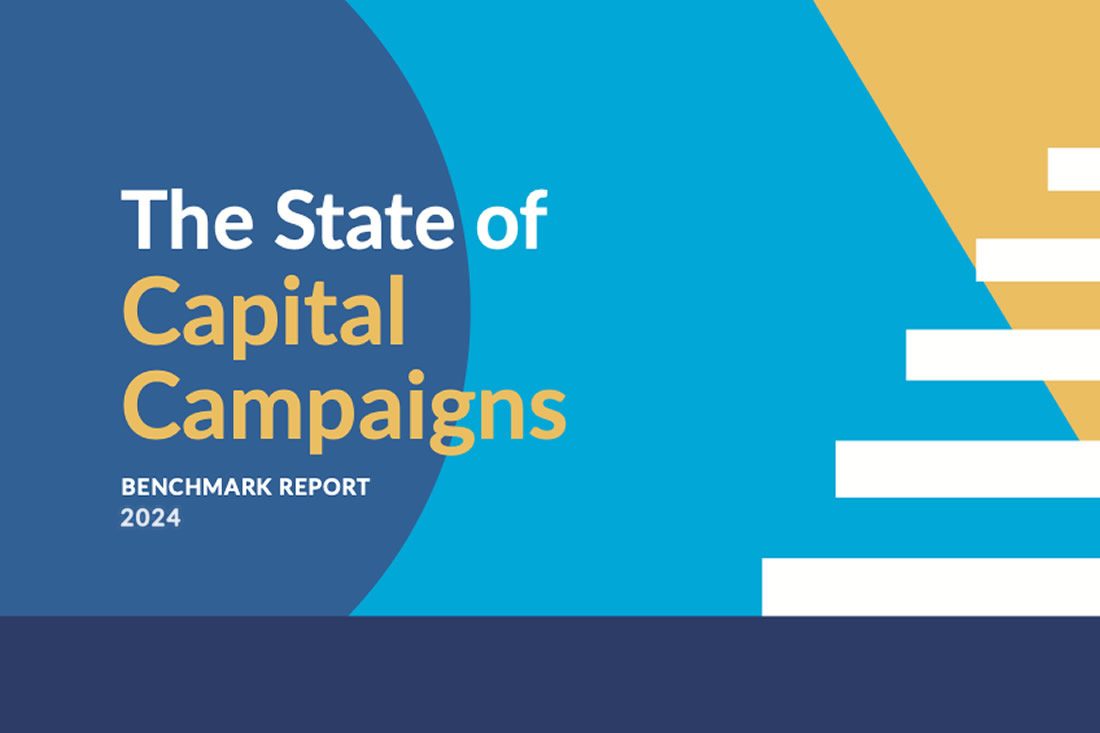Avoid This Common Fundraising Trap to Ensure a Successful Campaign

Imagine that you (the ED or DD of your organization) are meeting with a donor who has the capacity to give a significant gift to your organization.
Ready…
You have scheduled the meeting specifically to talk about the possibility of a gift to your campaign. The donor knows of your organization but has not given before, but they’ve agreed to meet because a mutual friend has connected you.
Set…
You sit down to meet with them. After a few pleasantries, the donor says, “Okay, Susan, tell me about your organization and your project.”
Go!
And you are off to the races. You are passionate about your organization. You know a huge amount about the mission and the organization. And you are in full campaign mode. So, with that little prompt from the donor, your flood gates have opened and out pours a huge amount of information.
- You tell the donor why the organization matters.
- You tell her why you care.
- You tell her about each of the five programs your organization runs.
- You tell her about the need for a new building and the campaign you’re in.
You tell her more and more… until you realize that the donor has been very quiet and has started taking fleeting glances at her watch.
Uh Oh… You Fell Into the “Tell Them Everything” Trap!
When the donor asked you to tell her about your organization, you did! You started at the beginning and you just kept on going.
You thought the donor really wanted to know everything about your organization. But in fact, that wasn’t the case.
The donor ONLY wanted to know the things about your organization that particularly interested her! And you didn’t start the conversation by finding out what the donor’s interests were that would overlap with your story.
You tried to tell the entire story when what the donor really wanted was only the part of the story that would interest her.
A Better Approach to Donor Conversations
Imagine instead that when the donor had invited you to tell her about your organization, instead of diving in, you instead said:
”I’ll be happy to do that, but let me start by learning a bit more about you and your interests. I did a little homework and have learned that you [something about her that’s relevant].”
Here are three questions you might ask:
- What makes xyz a priority for your giving?
- What are you looking for in the organizations you support?
- What is it about our mission that encouraged you to take my call?
When you pose an appropriate question for the donor instead of simply diving in and telling her all that you know, you’ll find out what that donor would really like to know. Then you can tailor your comments to her specific interests.
And, when you do start telling her about the parts of your organization or project that might interest her, you can stop frequently to ask her for questions. That way, she will guide you in shaping the information you share to the information she wants to hear about.
A Winning Philosophy
A wise mentor once observed me talking way too much. He kindly said:
“Andrea, I’ve learned over the years that the less I talk, the smarter people think I am, and the more successful I become.”
I thought about that for a long time and finally realized that the less I talk, the more I encourage other people to talk. And as they talk, I learn what I need to know.
I still fall into the “Tell Them Everything” Trap more often than I’d like to. But I continue to try to harness the power of talking less and listening more. And that’s a winning philosophy whenever you’re talking with donors.



Excellent – thanks for another chapter from Andrea’s Book of Fundraising Brilliance!
This is so true. Asking questions for the donor can lead to the proper approach. Each donor has a different passion, whether it be for a specific program, building, endowment fund or scholarship. It always helps to figure this out first. EXCELLENT article. Thank you. You are always so “spot on”.
Agree! And I can admit to falling into that trap myself early on in my asking career. Thanks for this wise reminder and the helpful alternative prompts to do it better.